On Thursday 29 February and Friday 1 March, the Netherlands, as Chair of the Freedom Online Coalition (FOC) in 2024, hosted the event “Advancing Human Rights in the Global Digital Compact”. The event kicked-off the activities of the FOC New York Diplomatic Network for 2024, and was attended by FOC Member States’ expert and working-level representatives in New York, FOC Advisory Network members, prospective members, and other stakeholders.
During a welcome reception hosted on Thursday, Ambassador-At-Large for Cyber Affairs of the Kingdom of The Netherlands Ernst Noorman and Deputy Permanent Representative of the Kingdom of the Netherlands Bahia Tahzib welcomed attendees and provided opening remarks to note the importance of the Global Digital Compact (GDC) to the Dutch Chairship, highlighting that the Program of Action 2024 enshrines the goal of advancing human rights and the multistakeholder approach in the governance of the Internet and digital technologies.
Attendees also heard from the United States’ Deputy Representative to ECOSOC Jonathan Shrier who reaffirmed the FOC’s role in promoting and protecting human rights online, and highlighted efforts under the U.S. Chairship in 2023 to strengthen coordination among Coalition Member States and to support engagement in key fora. The remarks coincided with the publication of the 2023 End of Year report, which provides an overview of the outputs and activities of the FOC during the U.S. Chairship.
FOC Advisory Network (FOC-AN) Member Fiona Alexander concluded the opening remarks by re-emphasising the need for governments to engage with the multistakeholder community, and highlighting the FOC-AN as a mechanism for which FOC Member States can leverage to seek advice and guidance on issues of key importance to the Coalition.
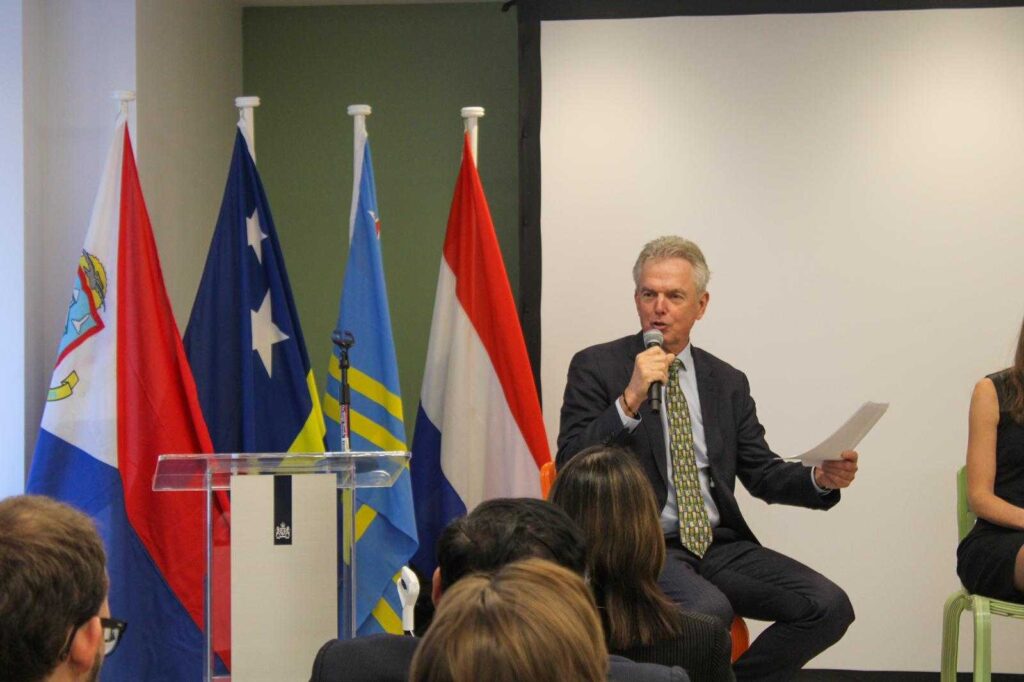
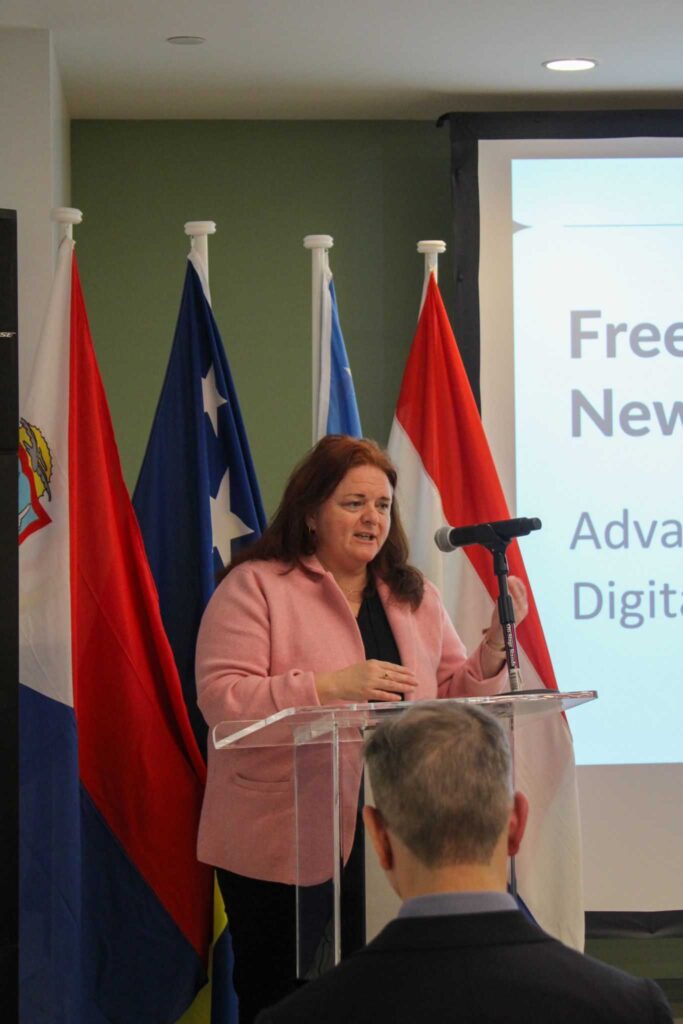
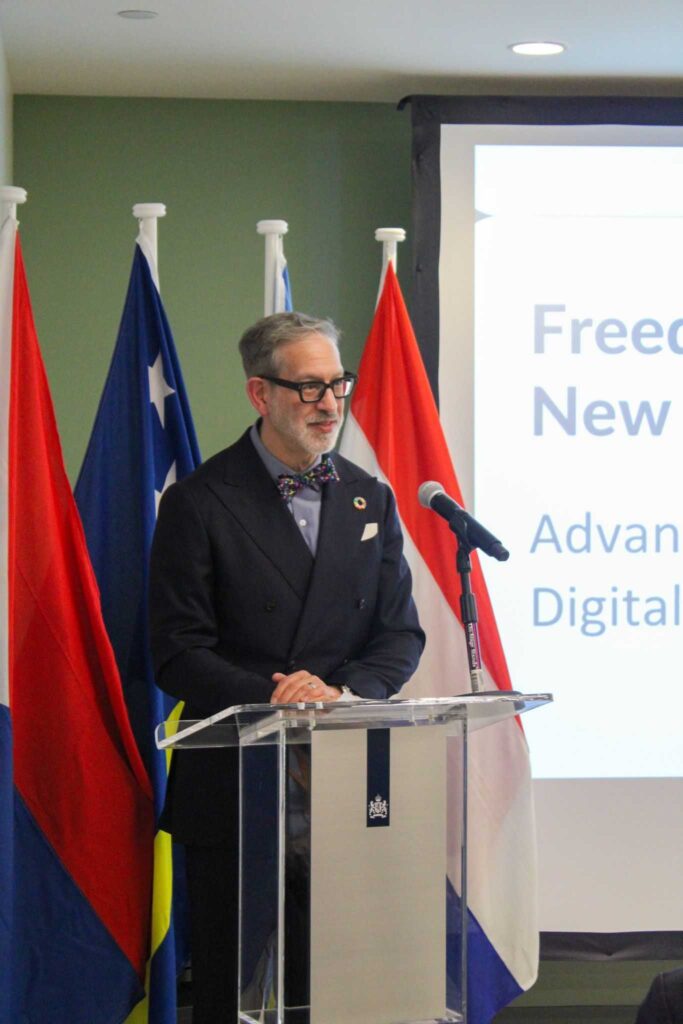
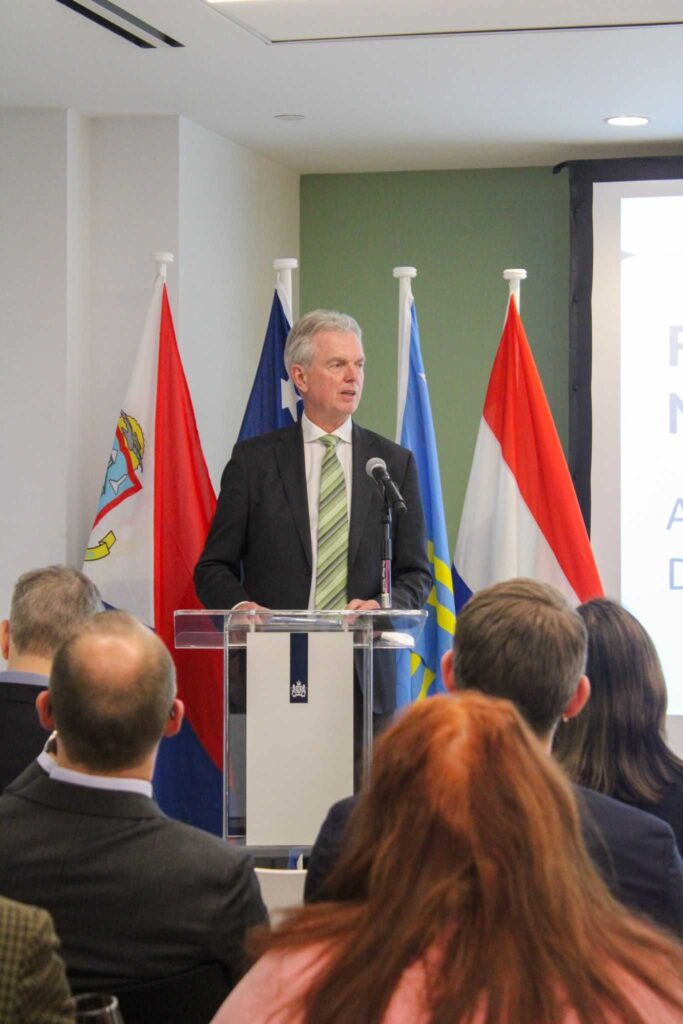
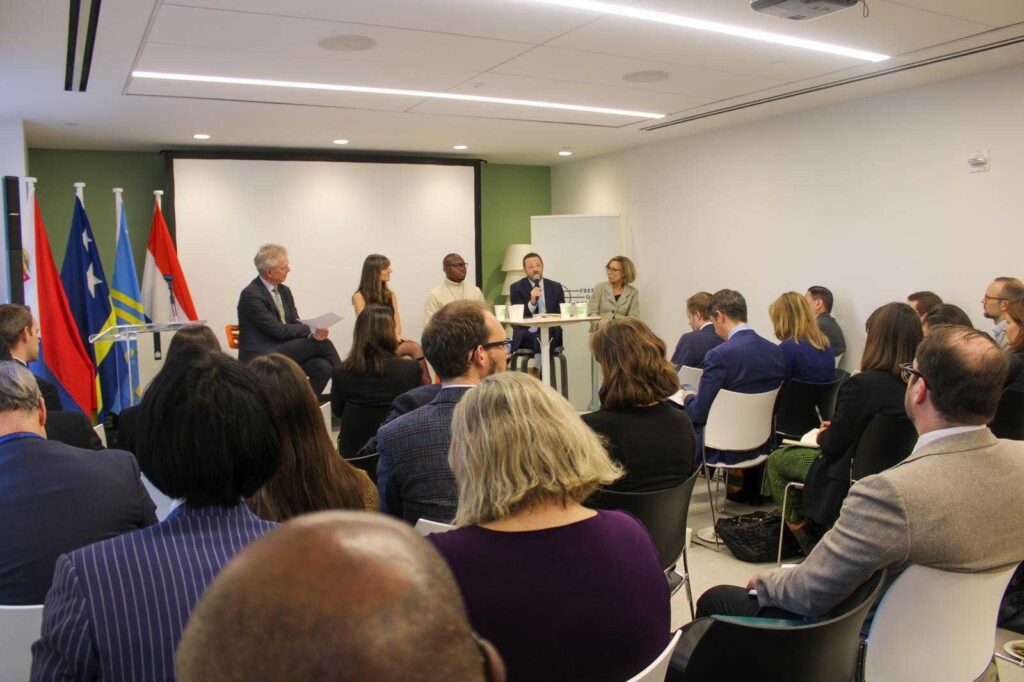
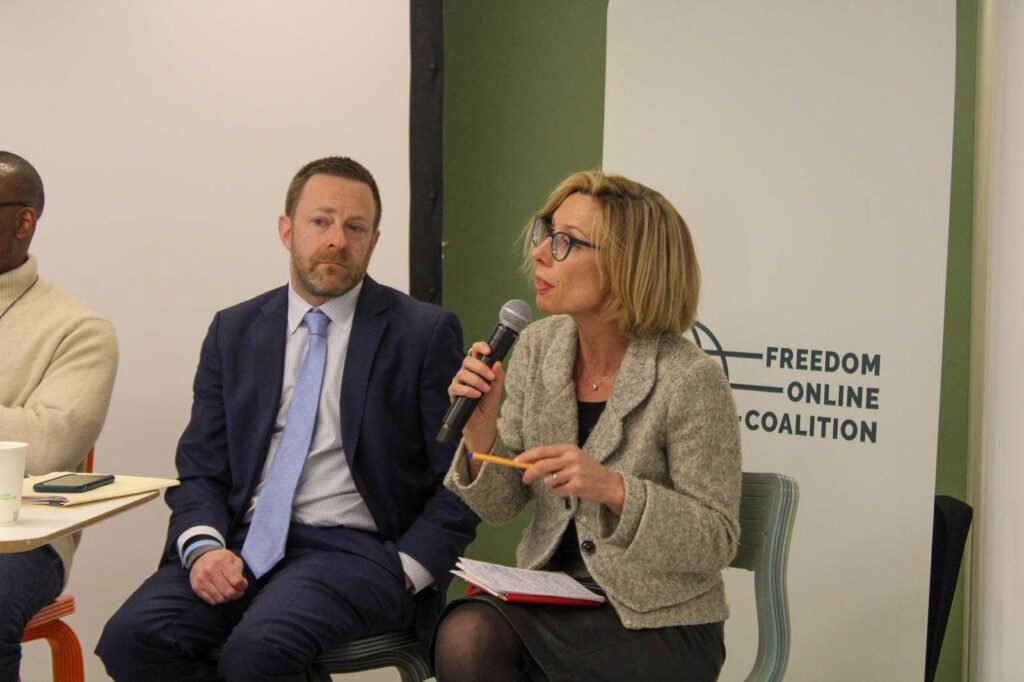
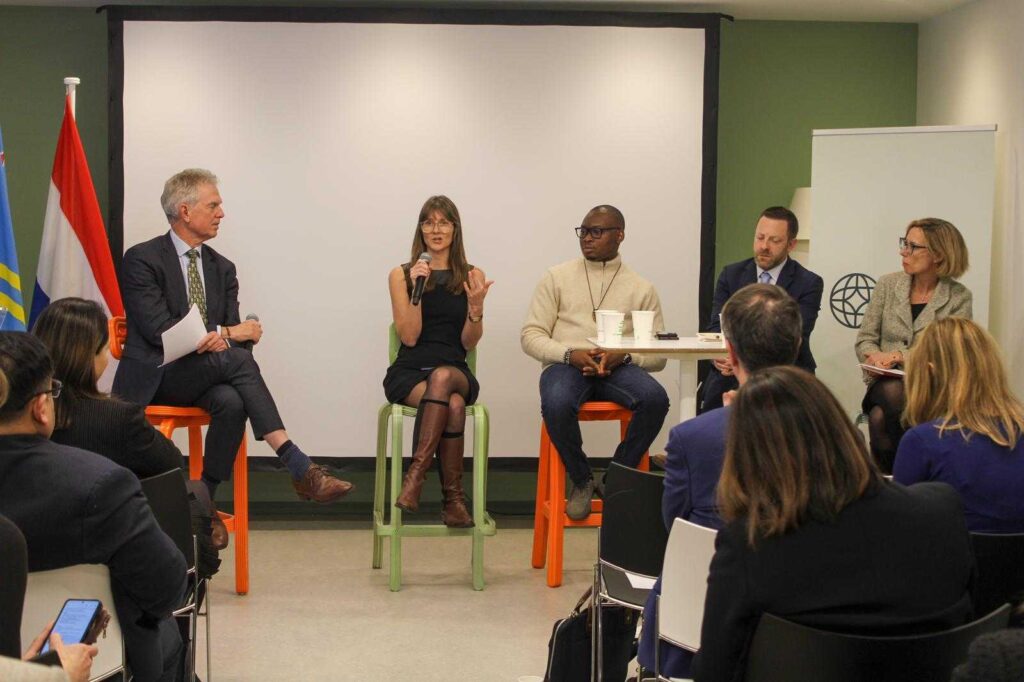
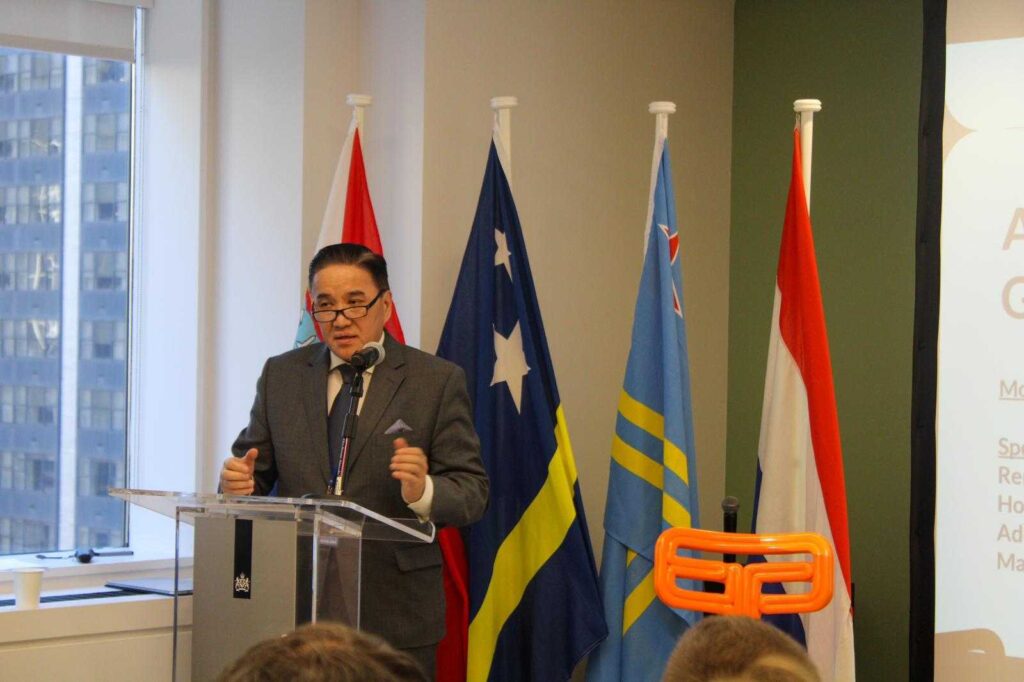
On Friday, 1 March, attendees reconvened for a session opened by Ambassador Noorman, who welcomed attendees and drew attention to the priority areas and goals of the Dutch Chairship of the FOC in 2024. Following this, the Ambassador and Permanent Representative to Mongolia Enkhbold Vorshilov provided remarks highlighting Mongolia’s role in hosting the Freedom Online Conference in 2015, and pointed to the importance of working towards a common digital future in upcoming UN negotiations. Ambassador Vorshilov pointed to Mongolia’s digital development policy, e-Government services and national guidelines to create an effective and transparent digital government, establish national information security systems and improve public digital literacy.
Ambassador Noorman was joined by panellists Renata Dwan, Special Adviser for the UN Secretary-General’s Envoy on Technology; Howie Wachtel, Head of UN and International Organizations Policy at Microsoft; Adeboye Adegoke, Senior Manager at Paradigm Initiative; and Mallory Knodel, Chief Technology Officer at the Center for Democracy and Technology for the discussion on advancing human rights in the GDC.
Panellists highlighted the GDC as an encouraging opportunity for necessary reform when it comes to ensuring human rights are at the centre of discussions around digital technology governance. This includes by focusing on closing the digital divide, encouraging the participation of stakeholders (governments, civil society, the private sector, academia, and the tech community) and creating guardrails for digital technologies to assist in realising human rights, being proactive in preventing and mitigating risks online, and utilising existing human rights due diligence and transparency frameworks such as those from UNESCO, the OECD, and G7 frameworks.
The speakers underlined that when it comes to the GDC, it is inherent to the vision of stronger digital cooperation and a safer digital future to connect the unconnected, ensuring access to the Internet is meaningful and not dictated by the market, as well as emphasising the need to overcome the perceived dichotomy between development and human rights. Trust between stakeholders and in the digital space was flagged as crucial to achieve this. While the GDC was noted as a necessary initiative where this could be addressed, the panellists also highlighted the importance of reflecting on the lessons that have already been learned from previous Internet governance discussions, especially when it comes to multistakeholderism, and considering the proliferation of national, regional, and international level legislation and norm development.
On the topic of AI technologies, panellists emphasised the importance of ensuring guardrails for the private sector, encouraging openness and interoperability in design by utilising aforementioned frameworks and mechanisms, as well as introducing values and consensus around necessary trade-offs in order to prioritise human rights.
In closing, panellists highlighted opportunities for FOC Member states to: implement existing statements and principles on a national and international level; engage positively on public digital infrastructure and advance progress towards the Sustainable Development Goal; mitigate censorship tactics as well as refrain from weakening encryption; promote accountability of the private sector and preventing the concentration of market power; and, demonstrate approaches that respect freedom of expression and uphold information integrity online.
